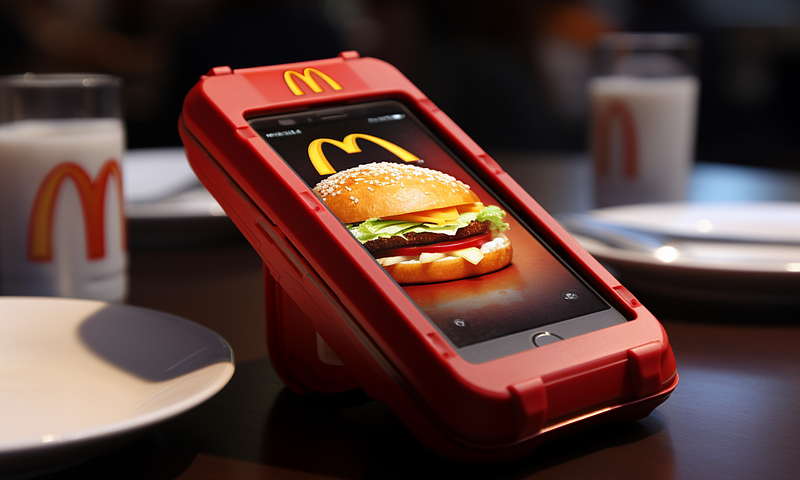The Evolving Role of Brands in an AI-Driven World
Written on
Chapter 1: The AI Transformation in Business
In the last year, the corporate sector has been fervently exploring how Generative Artificial Intelligence can enhance daily operations. Various support functions, such as legal services, customer assistance, and back-end development, are poised for significant changes.
While discussions about automation are crucial, a vital aspect is often overlooked: the value generated from non-automated processes will surpass that of automated ones as we navigate this evolving landscape. Here’s a five-step rationale for this assertion.

- An Abundance of Content
With tools like ChatGPT for text and MidJourney for images, we can now produce content in mere minutes that would traditionally require months of human effort. As these tools grow more popular, their usage is expected to rise, driven by our inherent preference for convenience. Essentially, content is becoming a commodity, and its availability feels boundless.
- Varied Quality in Abundance
The infinite nature of content leads to significant disparities in quality. On one hand, skilled creators can produce breathtaking visuals that challenge our perceptions; on the other, there's a danger of politically driven groups crafting misleading images to sway public opinion. It’s crucial to understand that not all content falls into these extremes, but the uncertainty surrounding its authenticity will make it hard to determine what to trust.
- Trust Becomes Paramount
Recent advocates for cryptocurrency and blockchain have emphasized their potential to enhance trust in online transactions. This perspective highlights an essential truth: trust hinges on knowing the source of information. As the credibility of online content declines, validating its origin will become increasingly vital, often overshadowing the content’s inherent quality.
- Brands as Trust Intermediaries
While blockchain can be intricate, brands are woven into our daily lives to a degree that we often take them for granted. This familiarity fosters trust; we expect consistency from brands. For instance, any McDonald's location should meet a certain standard, and purchasing an iPhone assures us of its reliability. Our experiences with brands cultivate an emotional bond, akin to the trust we have in people whose actions we can predict.

- The Rise of Trusted Brands
As a result, we anticipate that leading brands and marketers will gain even more influence. Consumers are likely to trust that these entities will not mislead them, making non-automated content a coveted and trustworthy option. Moreover, some companies may even explore creating journalistic divisions to capitalize on the trust they've built.
Brands that can navigate this landscape while harnessing AI will wield even greater power. In this AI-centric future, brands will reign supreme.

The uncharted territory where AI is not deployed will hold immense significance soon. It remains to be seen whether access to this realm will become a luxury reserved for the affluent.
Stay safe out there.
This video, titled "The Future of AI in Marketing," explores how AI is reshaping marketing strategies and brand interactions in the digital age.
The second video, "Stanford ECON295/CS323 I 2024 I Business of AI, Reid Hoffman," delves into the intersection of AI and business, providing insights from industry leaders.